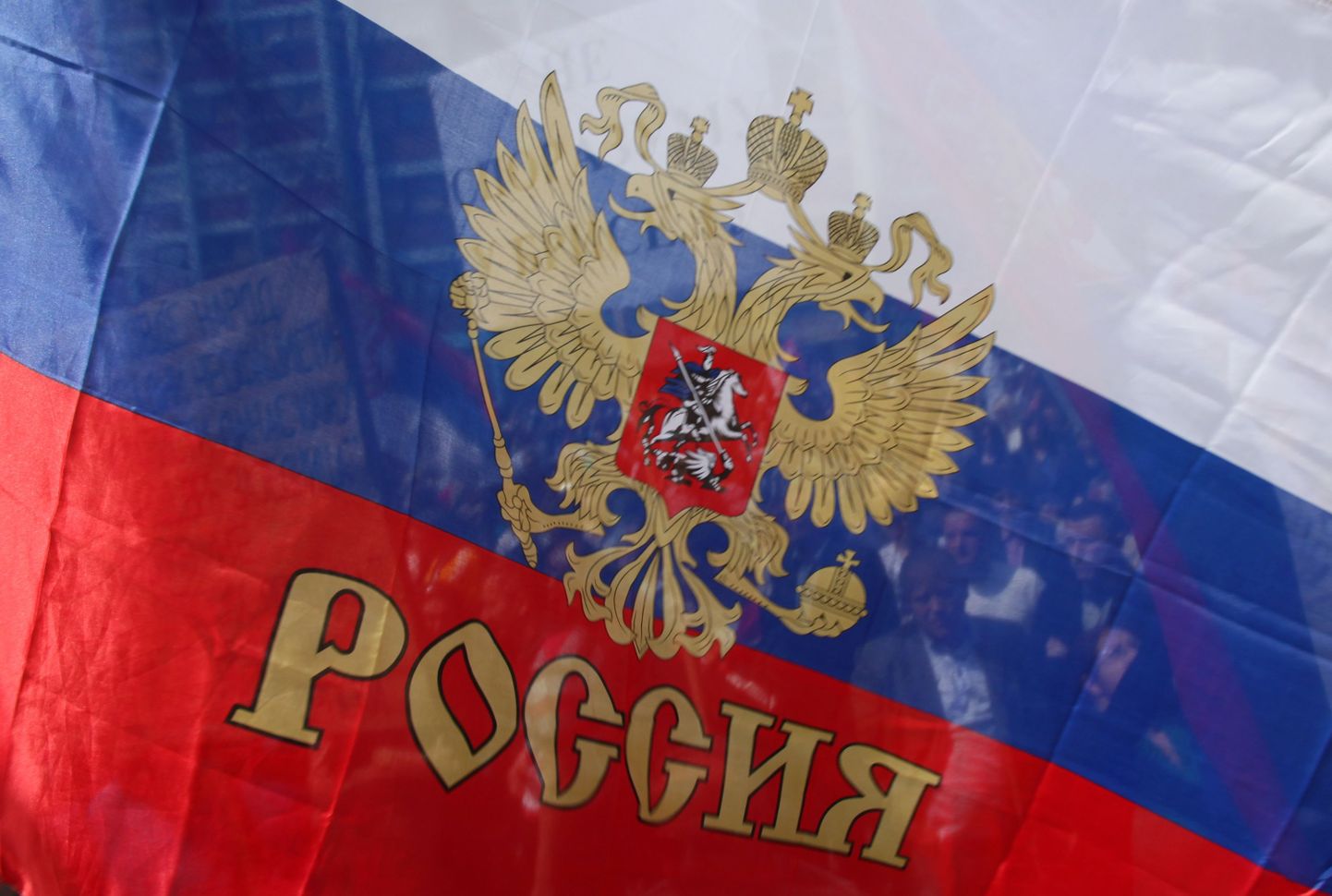The treaties will be signed by the foreign ministers of Estonia and Russia and they must be ratified by both parliaments. The treaties will take effect 30 days after the day of the date of the exchange of ratifications, spokespeople for the government added.
Estonia and Russia have held three consultations on the topic of the border treaty since last fall. The current draft of the treaty contains both the clauses desired by Estonia and those desired by Russia.
The foreign affairs committee of the Estonian parliament together with all party groups and non-aligned deputies proposed to the government last October to start consultations with Russia to find a way for concluding a border treaty. It said the proposal is based on the knowledge that Estonia wishes to develop relations respecting each other's sovereignty and legal continuity with all of its neighbors, including Russia.
The proposal was issued after Russian Foreign Minister Sergei Lavrov had said on Sept. 1 that Russia was ready to reopen negotiations with Estonia on concluding a border treaty.
Estonian Foreign Minister Urmas Paet and Lavrov signed treaties on the land and maritime borders between Estonia and Russia in May 2005.
The Estonian parliament ratified the treaties in June of the same year after adding a preamble to the ratification law to say that in ratifying the border treaties the parliament had in mind that in accordance with Article 122 of the Constitution the border treaty would partly change the line of the state border defined in the Tartu Peace Treaty of 1920 but would not affect the rest of the Tartu Peace Treaty and would not define treatment of any bilateral issues not connected with the border treaties.
Russia said it saw the preamble as opening the way to future territorial claims and withdrew its signature at the end of June. Estonia has on repeated occasions denied having territorial claims on Russia.

